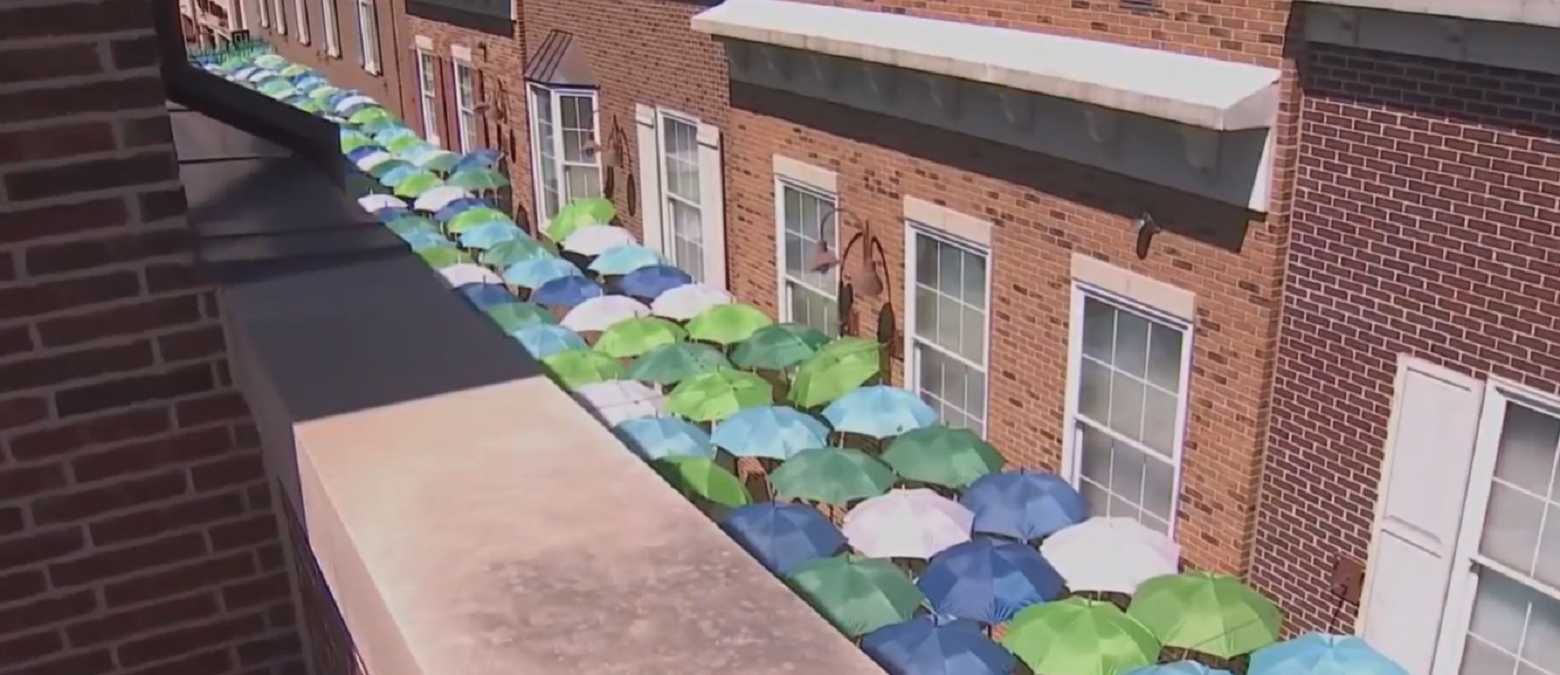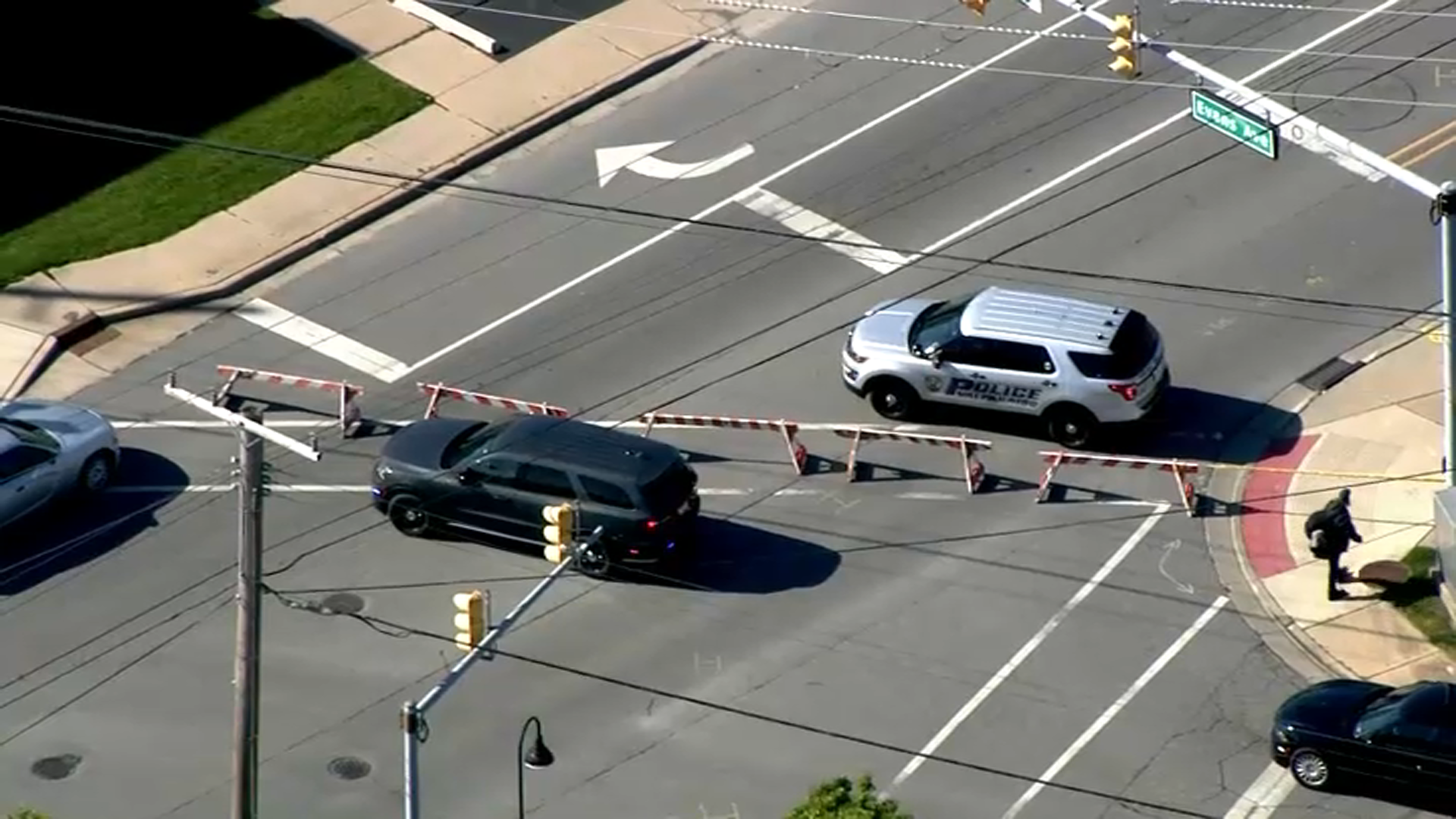Faced with a new state law that gave them until Friday to ban or restrict assault weapons, the vast majority of villages, towns and cities in Illinois did nothing but let the deadline come and go.
On Friday, the Chicago suburb of Winnetka became one of the last communities to get something on the books, when it approved an ordinance that, while not banning assault weapons, regulates how they are transported and stored. It joined the fewer than 20 municipalities that rushed to enact a restriction within 10 days allowed by the state's new concealed carry gun legislation. That's out of 1,300 municipalities around the state.
Illinois became the last state in the nation to make it legal for people to carry concealed weapons in public July 9 when state lawmakers overrode Gov. Pat Quinn's attempt to toughen a bill they had passed earlier. Included in that bill was the provision giving communities until Friday to enact any assault weapons ordinances. If they didn't act, they forfeited their right to do so in the future.
According to the Illinois State Rifle Association, at least 16 municipalities — including Chicago — enacted ordinances banning or regulating assault weapons. Every one of them was in the Chicago metropolitan area. Around 30 other municipalities took up the issue but voted down the bans.
The list of towns that took action includes places such as Evanston, Highland Park, Hazel Crest and Calumet Park.
Kate Williamson, program director of the Illinois Council Against Handgun Violence, said she would have liked to see more action, but that she suspects many communities failed to do anything out of concern that an assault weapons ordinance would trigger an expensive legal battle.
"Smaller municipalities might be timid to take that kind of action just because of how the NRA might go after them," she said.
Richard Pearson, executive director of the Illinois State Rifle Association, said Williamson may be onto something.
"These villages and cities could have expensive ordinances on the books," he said.
Local
But Pearson said he thinks communities did not enact assault weapons ordinances for an even simpler reason.
"People don't really like these (gun restrictions)," he contended. "Even where they had meetings, no one was speaking up in favor of bans."
In some of those communities that did take action, officials made no secret they were motivated in large part by their desire to buy themselves time. A number said they wanted to pass what have been called "place holder" ordinances to preserve the legal right to revisit the issue when and if they want.
"Our ordinance was discussed in that context (and) we only had a window of a 10-day period to consider it," said Rob Bahan, Winnetka's village manager.
Earlier this month, the suburb of Skokie passed a similar ordinance for a similar reason, pending more clarity on the definition of an assault weapon.
"Our approach was to define an assault weapon narrowly just to have it in place so we can amend it or repeal it once the legal dust settles," said Michael Lorge, Skokie's corporation counsel. "We can amend it at any time and our expectation is at some point the courts or another level of government will define assault weapons and we will amend to that definition."



